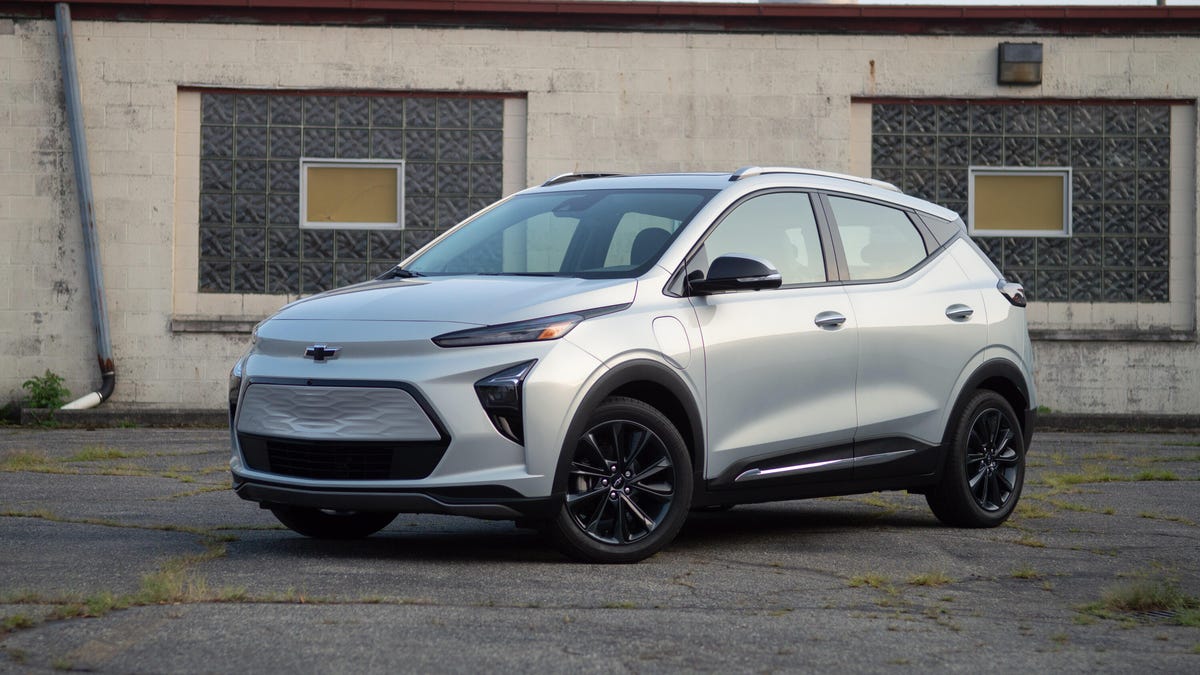NHTSA Investigates LG Chem's Recall Response for EV Battery Issues
The battery manufacturer is at the root of the extensive Chevy Bolt pack replacement recall, but GM isn't LG Chem's only client.
Roadshow has covered Chevrolet's Bolt battery recall, as well as LG Chem's role as the manufacturer of the defective cells, but it seems there's more to the story. General Motors is hardly LG's only client, and now, according to a report published on Tuesday by Reuters, the National Highway Traffic Safety Administration is launching an investigation into LG Chem to ensure that it's handled other battery recalls appropriately.
LG's other clients include Stellantis, Mercedes-Benz and Hyundai, all of whom have issued recalls in the past few years for high-voltage battery pack issues that could lead to fires. Needless to say, a pack fire in an EV is nothing to laugh about.
NHTSA believes that upwards of 138,000 vehicles could be affected by the same internal flaws that have caused so many headaches for Bolt owners, and it's working with LG Chem and other vehicle manufacturers to ensure that LG's recall efforts have been suitably extensive and handled with appropriate urgency.
The Chevrolet Bolt recall alone will cost LG Chem an estimated $1.9 billion, and those costs are likely to continue their climb upwards as more models are added to the replacement list.
LG Chem did not immediately respond to a request for comment.


